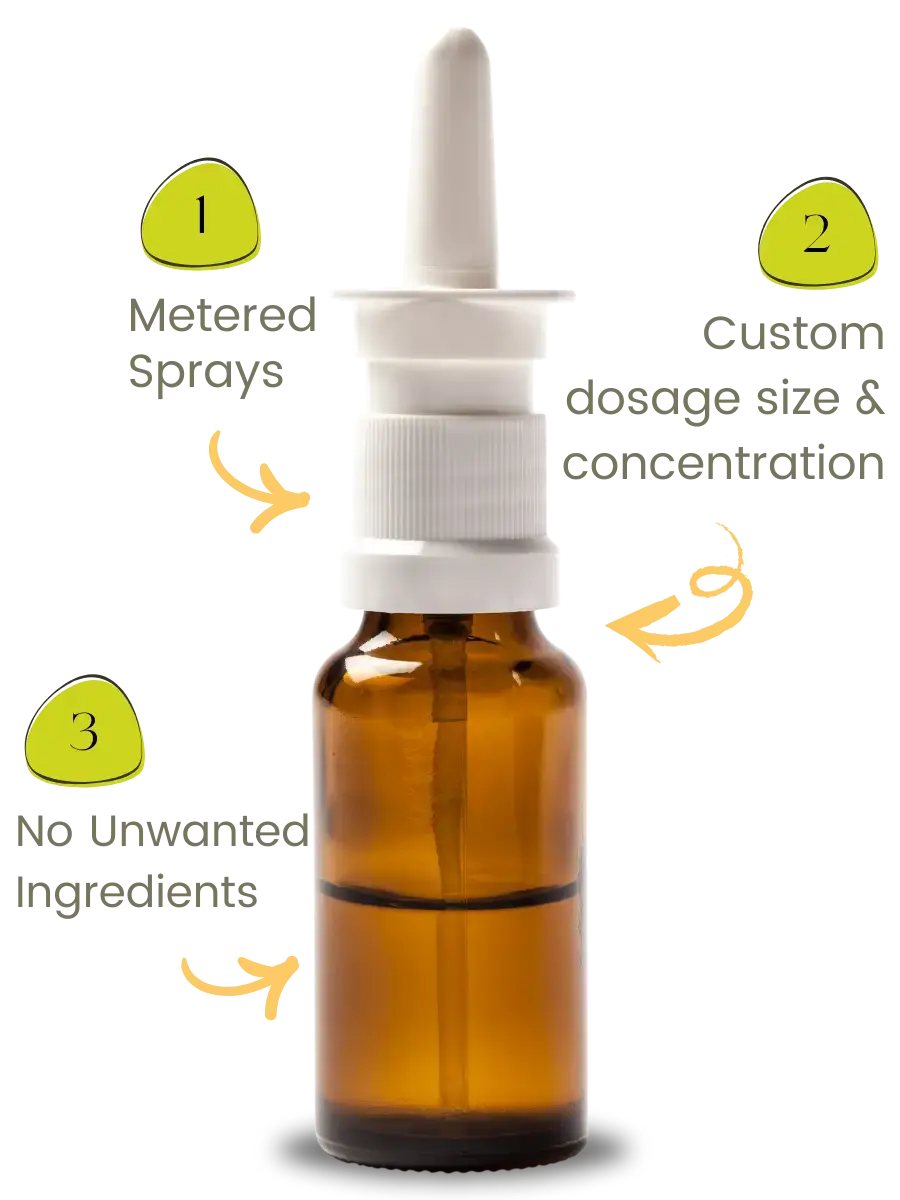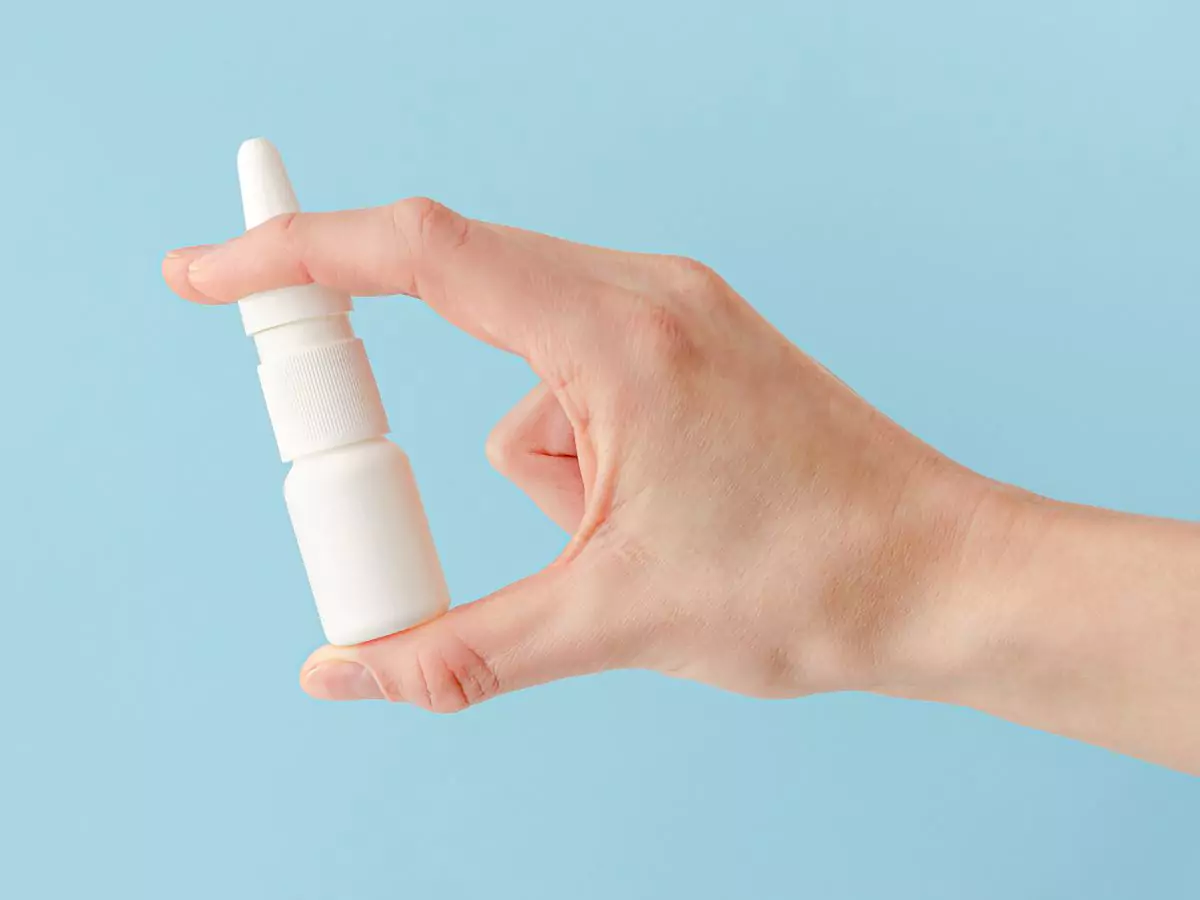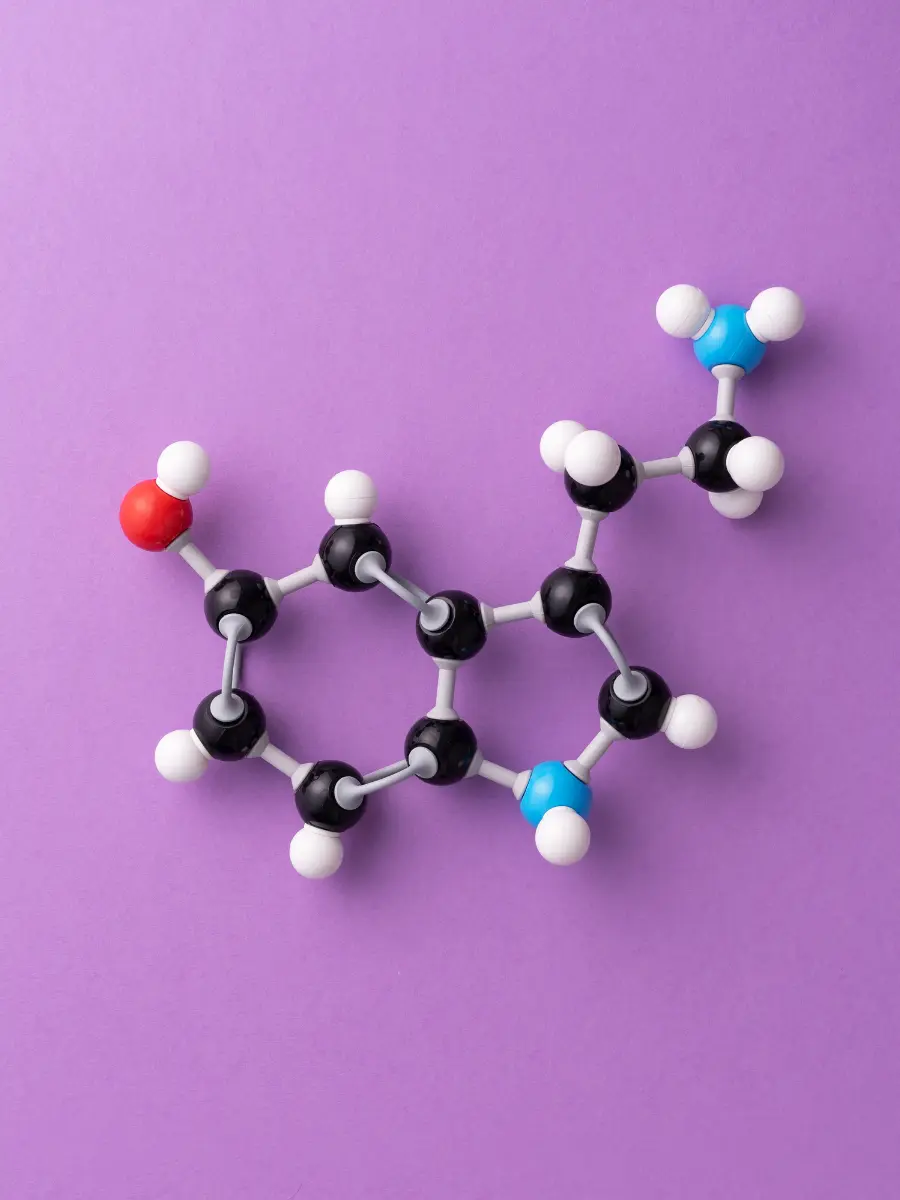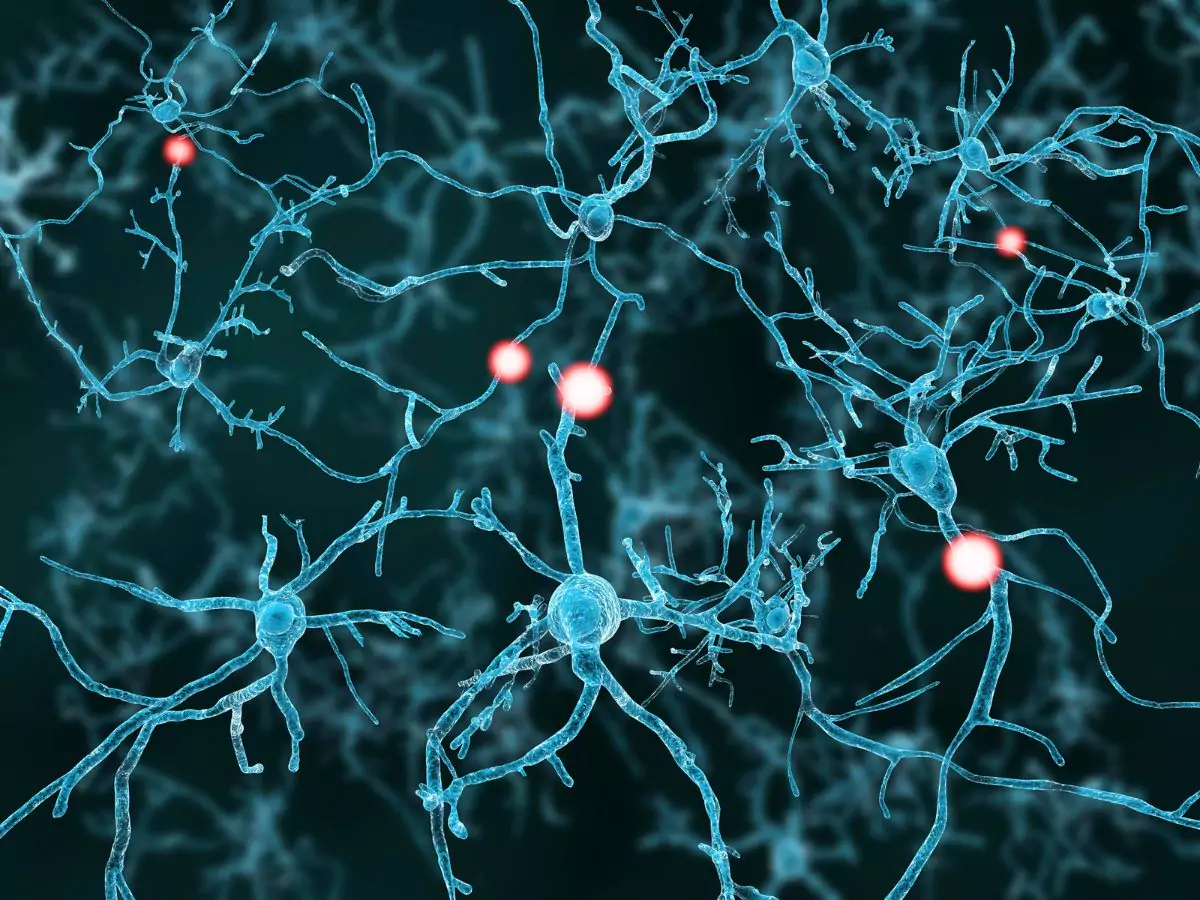
Originally used as an anesthetic, ketamine is now being extensively studied for its impact on depression.
Controlled doses of ketamine can act quickly to reduce the debilitating symptoms associated with depression. This drug provides profound and durable antidepressant effects for patients.
Intranasal ketamine has shown particularly positive results in addressing depressive symptoms, emerging as a prominent method of delivering the drug effectively.
Yes.
While ketamine as an anesthetic agent is FDA-approved, off-label uses (e.g., for depression) are legal when prescribed by a licensed provider and compounded for patient-specific needs.
Some patients experience temporary dizziness, dissociation, or nausea. These effects typically subside quickly.
We work closely with your care team to tailor doses and delivery methods for optimal tolerability.
At low, controlled doses for medical use, addiction risk is minimal. Ketamine is not neurologically addictive.
Psychological addiction is more of a factor when considering the potential for addiction when using compounded ketamine.
Certain compounded forms, like nasal sprays and troches, may be prescribed for at-home use under strict medical oversight. Providers will assess if this is suitable based on the patient's condition and safety.
IV ketamine and the traditionally prescribed nasal spray Spravato must be administered in a doctor's office.
Forms such as nasal sprays, sublingual troches (lozenges), rapid-dissolving tablets, and topical creams are available for convenient at-home use under medical guidance.
For those with sensitivities, we offer allergen-free, dye-free, or preservative-free options.
These customizable formats allow your provider to match the delivery method to your treatment plan and individual needs.
Nasal sprays containing ketamine have become increasingly prevalent as a treatment for depression. In fact, the FDA has approved Spravato as a ketamine-based nasal spray for depression.
This nasal spray can be used in conjunction with antidepressant medicines or for patients who have treatment-resistant depression.
The sprays must be administered in a medical setting under the supervision of a doctor. However, this requirement can be inconvenient, as it expects patients to frequently visit the doctor’s office.
ClearSpring Pharmacy compounds ketamine nasal sprays for patients, allowing them to take the medication in their homes.
The spray is customized to meet the patient’s needs, including prescription strength and base ingredients.
The most common prescription strength is 150 mg/ml, but it can go as high as 175 mg/ml. Any higher, and the compound may not hold correctly.
With preservatives, the spray can last the full 30 days prescribed. Sprays without preservatives will last around 17-21 days before losing stability.
While intranasal ketamine is less effective than intravenous ketamine, it offers a simpler and more user-friendly administration method.
With the proper precautions in place, patients can conveniently make use of ketamine nasal sprays at an affordable price.

Ketamine takes a different approach compared to traditional medications when alleviating depression.
SSRIs (selective serotonin reuptake inhibitors) are commonly prescribed to help treat depressive symptoms. They work by increasing serotonin levels in the brain through the inhibition of serotonin reabsorption (reuptake) in neurons.
Serotonin is a neurotransmitter linked to feelings of calmness and positivity. By blocking its reuptake, SSRIs ensure more serotonin remains available in the brain, enhancing these “good feelings.”
Ketamine does not influence serotonin but instead interacts with glutamate. Glutamate is a neurotransmitter that helps with learning, memory, and the development of neural connections in our brain. This may explain why many people succeed with ketamine after failing with SSRIs.
Additionally, ketamine works faster than SSRIs. Many patients experience an improvement in their depressive symptoms within 24 hours of induction, while SSRIs may take months to take effect.

SSRIs can take up to 2–4 weeks to show results. Ketamine will show effects within 24 hours of taking the drug.
SSRIs work by increasing the amount of serotonin in the brain. Ketamine affects glutamate.
SSRIs are more commonly prescribed. Ketamine is still being studied and has limitations to the way it is administered and prescribed.



Depression can be an extremely debilitating condition. The chemistry in our brains heavily influences this mental health condition.
Ketamine has shown the ability to help patients with treatment-resistant depression, including those who have not succeeded with SSRIs.
The holidays bring us joy, but they also bring us more prescriptions to fill and ship. Our pharmacy continues to work diligently, but an increase in demand may result in slightly longer processing times.
Please consider doing the following:
Thank you,
ClearSpring Team